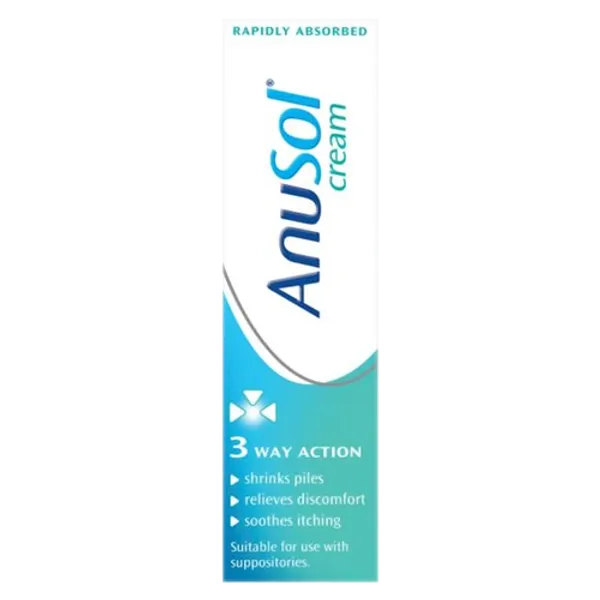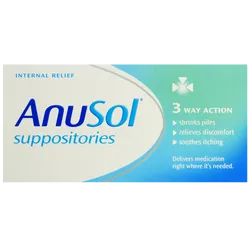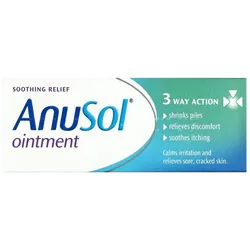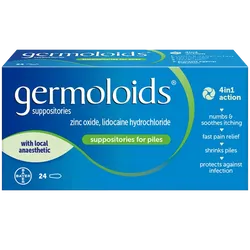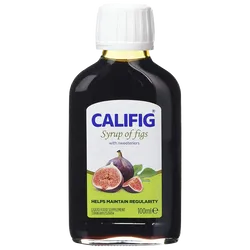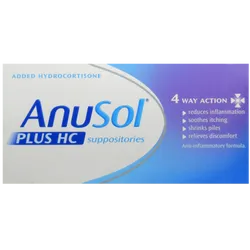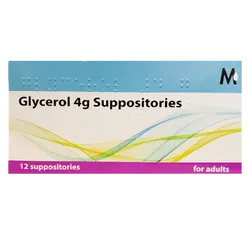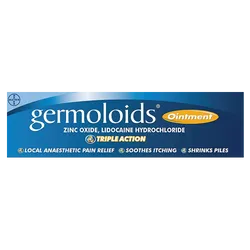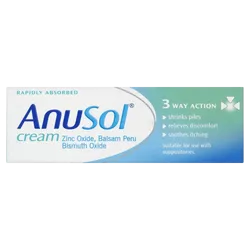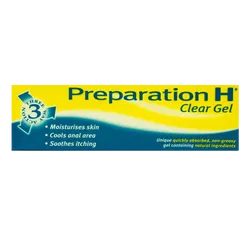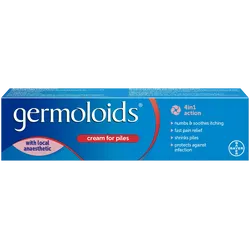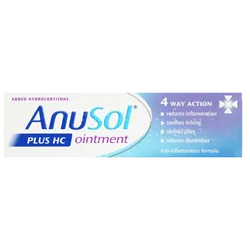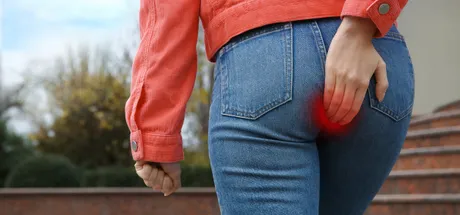
Anusol Cream is a medicine which is used to relieve the pain, swelling, itch and irritation of internal and external piles (haemorrhoids) and other minor ano-rectal conditions such as anal itching and fissures. It can be used post-operatively following ano-rectal surgery.
Anusol Cream contains a vanishing base which means it is rapidly absorbed. The cream can also provide lubrication when used with suppositories.
It contains the following ingredients:
- Zinc oxide which is an astringent which soothes and protects raw areas and helps reduce swelling. It also acts as an antiseptic.
- Balsam Peru which is mildly antiseptic and has a protective action on sore areas and may help healing.
- Bismuth oxide which is astringent and antiseptic and also protects raw, irritated areas around the anal area.
What are piles?
Piles (haemorrhoids) are swollen blood vessels which occur inside or outside the back passage (anus).
Symptoms
Some people have piles without experiencing any symptoms, but sufferers may notice the following:
- Bleeding: Although streaks of bright red blood on the toilet paper are not uncommon in people with piles, it may be sign of a more serious condition and you should see your doctor to check this.
- Swelling: The swollen blood vessels may be felt as a lump or blockage in the anus.
- Pain, itching and irritation in the anal region. At least 40% of people suffer from piles at some time in their lives. However, many people are too embarrassed to seek advice or treatment and, as a result, suffer unnecessary discomfort. Fortunately, there is much you can do to ease the situation and relieve the symptoms.
What causes piles?
A number of factors can contribute to the development of piles:
- The most common cause is straining during bowel movement, usually as a result of constipation.
- During pregnancy, the growing baby exerts increased pressure on the anal vessels, which can lead to piles.
- Heredity: You may be more likely to develop piles if your family has a history of suffering.
Healthy Tips for Piles Sufferers
You can reduce the risk of piles by following a healthy diet and lifestyle that helps to keep your bowels working regularly and prevents constipation. This can also help to speed recovery from piles.
- Eat a high fibre diet including foods like brown rice, wholemeal bread, whole wheat pasta etc.
- Eat plenty of fresh fruit, vegetables and salads.
- Drink plenty of water.
- Don't eat too much salty, fatty or sugary foods such as crisps, burgers and cakes.
- Cut back on the amount of alcohol, tea and coffee you drink.
- Exercise regularly.
A healthy diet and lifestyle will reduce the likelihood of constipation and encourage a regular bowel habit. Go to the toilet regularly and try to avoid straining. Leaning forward from the hips may help.
For external and internal piles, Ointment can be used. If internal haemorrhoids are the problem, Suppositories deliver a measured dose to the affected area.
